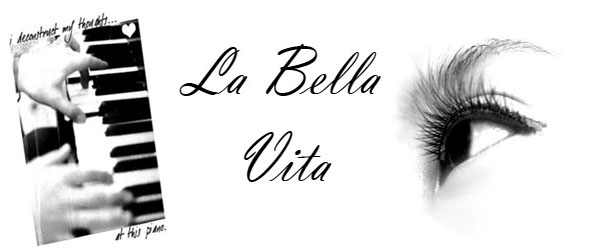During and after World War 1, soldiers wrote about their experiences and feelings in poems. A lot of them had died, but others such as Siegfried Sassoon had survived. Sassoon was sent to a hospital because of his poverful meanings about the war. That was their way of getting rid of him. There were problably not a lot of poetry of high quality from the German side, but it was the English poetry that made war poetry a genre with growing popular interest.
By the time of World War 2 the term "war poet" was very popular, and people often talked about them.
War poet by Wilfred Owen:
I have been urged by earnest violins
And drunk their mellow sorrows to the slake
Of all my sorrows and my thirsting sins.
My heart has beaten for a brave drum's sake.
Huge chords have wrought me mighty: I have hurled
Thuds of gods' thunder. And with old winds pondered
Over the curse of this chaotic world,-
With low lost winds that maundered as they wandered.
I have been gay with trivial fifes that laugh;
And songs more sweet than possible things are sweet;
And gongs, and oboes. Yet I guessed not half
Life's symphony till I had made hearts beat,
And touched Love's body into trembling cries,
And blown my love's lips into laughs and sighs.
tirsdag 1. september 2009
Does it really matter?
Does it matter? - losing your legs?...
For people will always be kind,
Does it matter? - losing your sight?...
Do they matter? - those dreams from the pit?...
Questions:
g) What three effects of the war on a soldier does this poem tuch on?
h) It is often argued that that the two great wars were fought by working-class men on both sides and that the people they were fighting for, were often more the enemy than the people they were fighting against. Does this poem reflect this attitude?
i) This poem has enjoyed a bit of a revival of late. What reasons do you think there might be for its newfound popularity?
g) The three effects of the war on the soldier is loosing his leg, loosing his sight and bad dreams.
h) The poem reflects the attitude of question, because the people that are fighting, are fighting agains their own kind, but the people they are fighting for are from the upper class. We believe that they would rather fight with their own kind, than against them.
i) Because we look at the poem in a different way now, than people did before. During the war, they did not care for poems because of the war, but now we are very interested in how the war was and how people felt because it's history.
For people will always be kind,
And you need not show that you mind
When the others come in after hunting
To gobble their muffins and eggs.
Does it matter? - losing your sight?...
There’s such splendid work for the blind;
And people will always be kind,
As you sit on the terrace remembering
And turning your face to the light.
Do they matter? - those dreams from the pit?...
You can drink and forget and be glad,
And people won’t say that you’re mad;
For they’ll know you’ve fought for your country
Questions:
g) What three effects of the war on a soldier does this poem tuch on?
h) It is often argued that that the two great wars were fought by working-class men on both sides and that the people they were fighting for, were often more the enemy than the people they were fighting against. Does this poem reflect this attitude?
i) This poem has enjoyed a bit of a revival of late. What reasons do you think there might be for its newfound popularity?
Answers by Kaja and Birgitte:
g) The three effects of the war on the soldier is loosing his leg, loosing his sight and bad dreams.
h) The poem reflects the attitude of question, because the people that are fighting, are fighting agains their own kind, but the people they are fighting for are from the upper class. We believe that they would rather fight with their own kind, than against them.
i) Because we look at the poem in a different way now, than people did before. During the war, they did not care for poems because of the war, but now we are very interested in how the war was and how people felt because it's history.
About Me
My name is Birgitte and I live in Asker (That's the looooovely place in the picture!). Yes, that was ironic. Asker is not as lovely as it may (or may not) look like. It is always something that is under construction, the bus is always late and there is a lot of creepy people hanging around Trekanten! But of course I love it here:-)
I go to Sandvika VGS and I like it a lot. This is my last year and I'm really looking forward to "Russetiden" (This is a time where we can get drunk and party constantly for 3 weeks, without any excuses). And that's a few words about me.
Abonner på:
Kommentarer (Atom)




